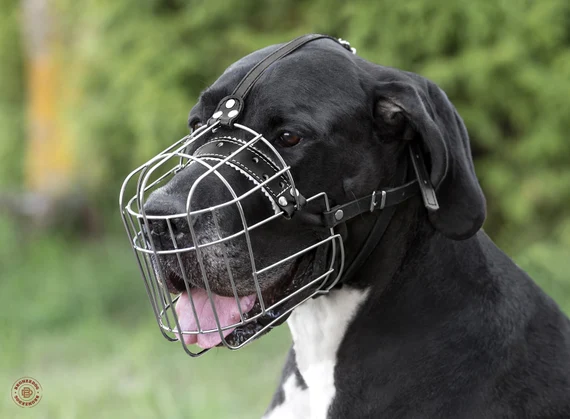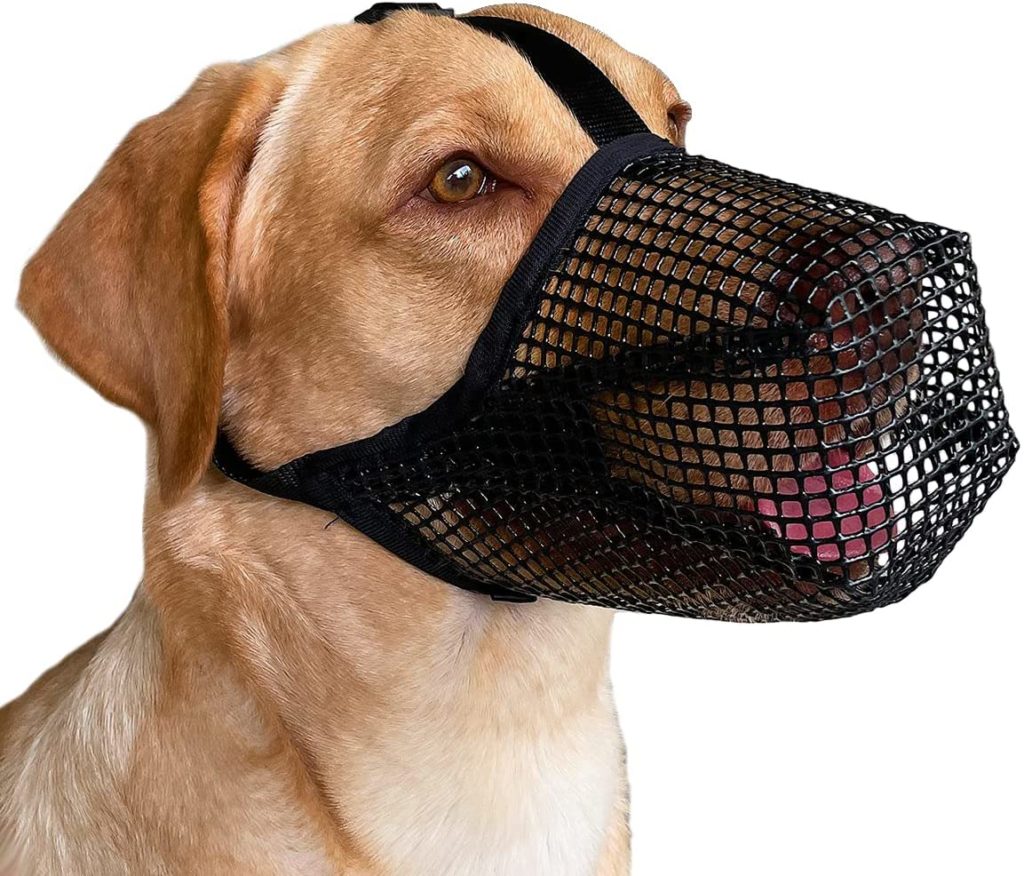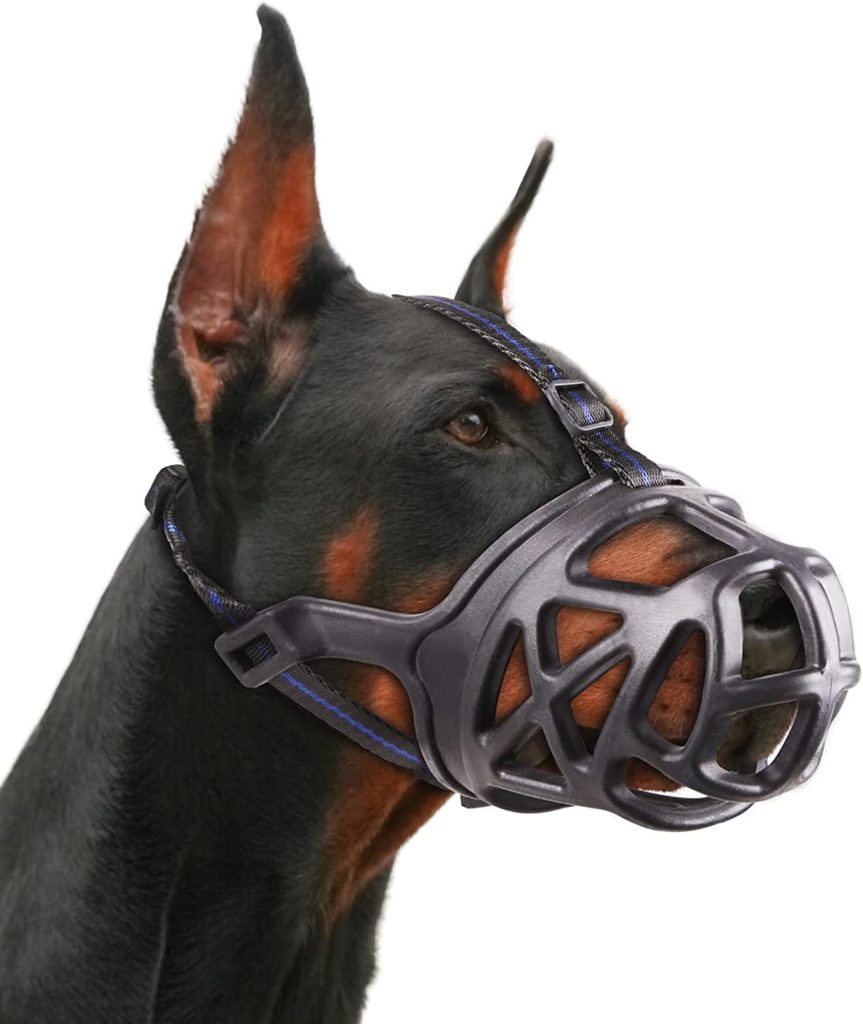Dogs scared of vet? You’re not alone.
Vet visits are stressful, loud, sometimes painful and often overwhelming for our furry friends.

The good news is, there are things you can do to help your dog feel more comfortable at the vet.
Here are a few tips for pet owners who have anxious dogs in the Veterinary office.
ACKNOWLEDGE YOUR DOGS FEAR IS NORMAL

Vet visits are not fun for any dog, and most dogs have stress hormones that are released at the vet.
Your dog’s vet visit is full of loud noises, so many dogs or other animals, a busy waiting area, a cold exam table, a veterinary staff that might feel like a threat to your dog.
Your dog’s fear is NOT irrational.
When you take your dog to the vet, acknowledge that your dog’s behavior is ‘normal’.
However, even though the anxious dog behavior is normal, most vets and pet parents want to work with their pet to help them overcome their anxiety and fear and help them create a positive association with the vet and vet office.
REMAIN CALM AND TRY GIVE POSITIVE FEELINGS

When pet owners are taking their dog to the vet’s office, they should make their best efforts to create happy visits with calm energy.
Dog behavior is highly indicative of their owner’s energy, so as much as possible keep positive and comfortable/calm.
Going to the vet is not a time to play or have a party, but it should not be a time of stress and anxiety for either you or your dog.
USE ANTI ANXIETY MEDICATIONS

If your dog has severe anxiety, your veterinarian can prescribe medication to help take the edge off.
There are also many natural supplements that can be used for dogs who have mild to moderate anxiety.
These can often be found at your local pet store or online.
Some of these products have calming pheromones that can help soothe anxious dogs.
Other products contain ingredients like chamomile, L-theanine, and tryptophan, which all have calming effects on dogs.
A product called Solliquin is a popular choice for helping with vet office anxiety in dogs because it contains both pheromones and tryptophan.
SPEAK WITH YOUR VETERINARIAN ABOUT HOW TO REDUCE STRESS

Your vet will be able to work with you on what processes you can do prior to vet visits to help your dog’s behavior.
If your dog is afraid of other dogs, for example, your vet should provide you with a waiting room separate from the other dogs.
If your dog hates strangers, perhaps your waiting room can be separated from other people.
Most veterinary offices are equipped to accommodate for each individual dog and their behavior. It is up to the dog owners to advocate for their dogs and speak to the vet staff about what their dog needs to help their fear at the vet.
IF YOU ARE GOING TO A NEW VET, BE TRANSPARENT

Going to a new vet’s office is a scary transition for any dog, and sometimes even owner.
If you are going to a new vet, be sure to speak with the new vet about any positive experiences you had with your last vet that you may want to duplicate with this new vet.
Likewise, speak with the new vet’s office about your dog’s anxiety and what body language they can look for to prevent any undesirable or aggressive behaviors in the veterinary clinic.
If your dog is on medication for their anxiety, be sure to bring a list of those medications and the dosage to the new vet’s office.
This will help the new vet determine if they want to continue with the same treatment plan or change it up based on their own observations.
HAVE A FEAR FREE VET VISIT PLAN

Working with your veterinarian, you can create a fear free visit plan for your dog. This may include things such as:
- Pre-visit planning and discussion with your veterinarian
- Arriving at the vet office during off peak hours
- Check in via phone or online to avoid the waiting room
- Asking the vet staff to wear scrubs instead of lab coats
- Using a towel or sheet to cover the exam table
These are just a few ideas, and you can work with your veterinarian to come up with a plan that will work best for your dog.
The most important thing is that you advocate for your dog and their needs, so that they can have a positive experience at the vet.
Dogs are scared of going to the vet because of all the new sights, smells, and sounds. With a vet that is willing to work with anything that your dog hates, your dog should be able to cope with the behavior.
LOOK FOR A FEAR FREE VET

Some veterinarians offer ‘Fear Free’ services for their entire practice.
For example, if your dog is not comfortable wearing a surgery suit after their spay, your vet might offer a ‘wrap and snuggle’ service instead.
This means that your dog will be wrapped in a soft fleece blanket during their surgery, which will provide both warmth and comfort.
After their surgery, they will be given extra time to wake up in a quiet room before being released to you.
There are many different ways that veterinarians can make the veterinary experience more Fear Free for your dog, so it is definitely worth looking into if you have a particularly anxious dog.
Dogs should not be scared of going to the vet, and with these tips, you can help your dog overcome their fear of the vet.
LOOK INTO HOME VISITS OR MOBILE VETS

Some dog owners find that using a mobile veterinary clinic comes with fewer stressors for their dogs because it eliminates many of the unknowns associated with going to a new place.
A mobile vet will come right to your door, which can help reduce your dog’s anxiety about going somewhere new.
If the dog anxiety is so bad that they are having major behavior issues at the vet, house calls can be a life saver.
During an at-home vet visit, the vet will make your home the exam room!
Typically, pets are MUCH more comfortable in the comfort of their home, so even if a dog hates going to the vet, they are comfortable if a vet comes to them!
WITH ANY AGGRESSIVE DOG, MUZZLE TRAIN




Muzzle training is a good idea for all dogs, in the event that any dog has to wear a muzzle.
However, with an aggressive dog, it is even more important that they are muzzle trained for their vet visit.
If your dog hates going to the vet so much that they have demonstrated dog aggression, using a muzzle is NOTHING to be ashamed of.
Shop this soft mesh muzzle on Amazon:

Get your dog comfortable wearing a muzzle and create positive associations with lots of treats and enthusiasm.
As your dog begins to see that the muzzle will not hurt them, you can begin to use the muzzle at the vet.
If your dog bites, has aggressive tendencies to other pets, humans or other dogs, shows any form of dog aggression behavior, etc, then they should be muzzled for the safety of the vet clinic and their workers.
A dog bite that happens at the vet is typically a behavior that stems from fear or pain: NOT aggression.
However, even if a dog bites out of fear or pain at the vet, it can still cause tremendous damage and pain to whomever they have bitten, so it is always best to prevent the behavior before it happens.
Shop this basket muzzle on Amazon:

Advocating for your dog sometimes means that you are protecting them with the use of ethical tools.
Stand up for them BEFORE the nasty bite happens.
Your dog deserves it!
YOUR DOG’S BEHAVIOR COULD BE ASSOCIATED WITH PAIN
Many times if your dog is acting extremely nervous and demonstrating negative associations with the vet, it is because they are in pain.
Arthritis in Great Danes
Laser Therapy for Joint Pain
How to Help a Dog with a Broken Leg
Using CBD for My Dog’s Pain
Canine Hip Dysplasia
Going to the vet can be a painful experience if your dog is injured or sick.
If this is the case, your dog might need medication to help them cope with the pain of going to the vet.
There are many different types of pain medication that your vet can prescribe for your dog, so be sure to ask about it if you think that might be the case.
Your dog’s behavior could also be associated with a previous traumatic event that happened at the vet.
For example, if your dog was once given a shot at the vet that caused them a lot of pain, they may now associate vet visits with getting shots and being in pain.
In this case, you will want to work with your veterinarian to make sure that your dog’s experience at the vet is as positive as possible so that they can overcome their previous trauma.
There are many different ways to help a dog who is scared of the vet, and it is important to work with your veterinarian to find what will work best for your dog. With a little bit of effort, you can help your dog overcome their fear of the vet and have a positive experience at their next visit.
What has worked for you in the past? Let us know in the comments below!
READ MORE:
Using CBD for My Dog’s Pain
Supplements for Great Danes
Fish Oil for Great Danes
What is Bloat?
Can You Prevent Bloat?
Stomach Tacking: Pros and Cons
Bloat and Gut Health




